
West Sulawesi Province
A Comprehensive Look at West Sulawesi Province
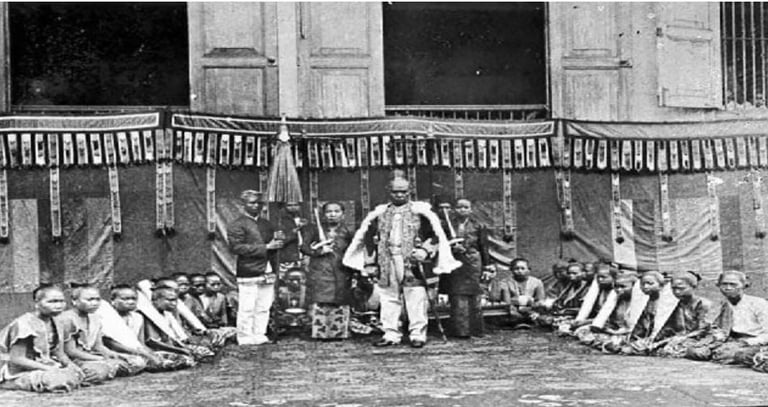

🏛️Capital City and Geographical Conditions
Capital City: Mamuju. Situated on the coast, Mamuju is the administrative and commercial hub of the province.
Geographical Conditions: Sulbar is characterized by its mountainous terrain and narrow coastal strip.
The Volcanic Spine: The main spine of the island runs through the province, making it highly mountainous and prone to seismic activity.
Coastal Plain: The settlements are concentrated along the western coast, facing the Makassar Strait, which is a key maritime trade route.
Rivers: Numerous short, fast-flowing rivers run from the mountains to the coast.
Climate: Tropical monsoon climate, generally wet and warm, with rainfall intensified by the mountainous slopes.
📜History: The Mandar Kingdoms and Provincial Autonomy
West Sulawesi's history is deeply intertwined with its maritime identity and the push for political recognition.
Mandar Kingdoms: The region was historically governed by a federation of Mandar kingdoms, collectively known as Pitu Ba'bana Binanga (Seven Coastal Kingdoms) and Pitu Ulunna Salu (Seven Upriver Kingdoms). This political structure emphasized shared governance between the coastal groups and the inland communities (often allied with the Toraja people).
Trade: The Mandar people were famous throughout the archipelago as fearless sailors and successful traders, connecting the spice islands with Borneo and Java.
Provincial Formation: Sulbar was separated from South Sulawesi to improve the efficiency of local administration, accelerate development in its remote areas, and give political representation to the distinct Mandar culture.
👥Demographics and Customs
Population: The population of West Sulawesi is relatively small, estimated at approximately 1.4 million people.
Ethnic Groups: The largest indigenous group is the Mandar people. Other groups include significant populations of Bugis and Makassar (from South Sulawesi), as well as mountain-dwelling Toraja and Kalumpang communities in the eastern highlands.
Customs (Adat Istiadat): Mandar culture is dominated by its maritime focus.
Sayyang Pattu'du: A unique and elaborate traditional procession where a child is dressed in ornate clothes and rides a decorated horse (sayyang), often performed after completing the recitation of the Qur'an.
Mandar Boats: The community maintains the ancient craft of building and sailing traditional wooden boats, the lifeblood of their economy.
🎨Culture and Traditional Arts
Sulbar's culture is a testament to its coastal history and its connection to the mountain hinterlands.
Sandeq Boat: The most famous cultural symbol, the Sandeq is a traditional Mandar outrigger sailboat, renowned for its speed, grace, and unique triangular sail design. Annual Sandeq races celebrate this heritage.
Tenun Ikat Mandar: The traditional woven cloth of the Mandar, known for its bright colors, strong motifs, and geometric patterns, often used in ceremonial dress.
Tari Pattu'du: A graceful and delicate dance traditionally performed by young Mandar women.
Karawing: A unique traditional Mandar musical instrument, a type of drum used during ceremonies and performances.
🍲Distinctive Traditional Cuisine
Mandar cuisine is heavily influenced by coastal produce, spices, and the proximity to South Sulawesi flavors.
Juku Mandar: The generic term for Mandar fish dishes. Typically involves fresh fish (often tuna, snapper, or mackerel) cooked or grilled with simple, powerful spices (chili, turmeric, ginger) and served with sour ingredients like lime or tamarind.
Bau Peapi: A signature Mandar dish. Fish is cooked in a rich, slightly sour and spicy yellow broth, often flavored with asam mangga (sour mango), turmeric, and chili.
Lalampa: Similar to a savory rice snack from other regions. Sticky rice is stuffed with spiced fish or shredded chicken, wrapped tightly in a banana leaf, and then grilled or steamed.
Golak: A simple, sweet rice cake made from ground glutinous rice and palm sugar, cooked and often wrapped in banana leaves, served as a snack or dessert.
🗺️Famous Tourist Attractions
West Sulawesi offers untouched beaches, cultural experiences, and stunning mountain views.
Karampuang Island: Located near Mamuju, this small island is popular for its clear waters, white-sand beaches, and offshore snorkeling.
Dato Beach: A beautiful coastal area in Majene, known for its unique limestone cliff formations that overlook the sea.
Gandangdewata National Park: A newly proposed national park in the Mamasa highlands, famous for its high biodiversity, dense forests, and unique local flora and fauna.
Karampuang Cultural Site: The historical and cultural area of Mamuju, which features traditional Mandar houses and historical remnants of the old kingdoms.
✈️Transportation Infrastructure
As a young, developing province, Sulbar relies heavily on air and sea connections, particularly with South Sulawesi and Borneo.
Airport (Bandar Udara):
Tampa Padang Airport (MJU): Located near Mamuju, this is the main airport, serving domestic flights to major cities like Makassar and Jakarta.
Port (Pelabuhan):
Mamuju Port: The main commercial port handling cargo and inter-island trade.
Majene Port: Important for passenger and cargo ferries connecting the province to destinations like Kalimantan (Borneo) and other parts of Sulawesi.
Fast Boats: Numerous fast boat services operate along the coast, connecting the scattered regencies more quickly than overland travel.
Railroad (Stasiun Kereta Api):
West Sulawesi Province does not have any active railway network or passenger train stations. Transportation relies entirely on its coastal road system and maritime connections.
West Sulawesi is a compelling maritime province, where the adventurous spirit of the Mandar sailors continues to navigate the Makassar Strait. It is a region defined by the elegance of the Sandeq boat and the savory flavors of Bau Peapi. From the remote, pristine mountains of Gandangdewata to the bustling coastal life of Mamuju, Sulbar offers a unique and authentic glimpse into the culture of Indonesia's great seafarers—a young province rich in tradition, natural beauty, and potential.
⛵West Sulawesi Province : The New Maritime Frontier
West Sulawesi (Sulbar) is one of Indonesia's youngest provinces, officially formed in 2004 by separating from South Sulawesi. Located on the western arm of the island, it is a mountainous and coastal region that serves as the heartland of the Mandar people, renowned as exceptional sailors, traders, and boat builders. Sulbar offers a unique blend of rugged highland scenery and rich maritime culture.
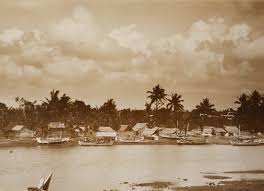

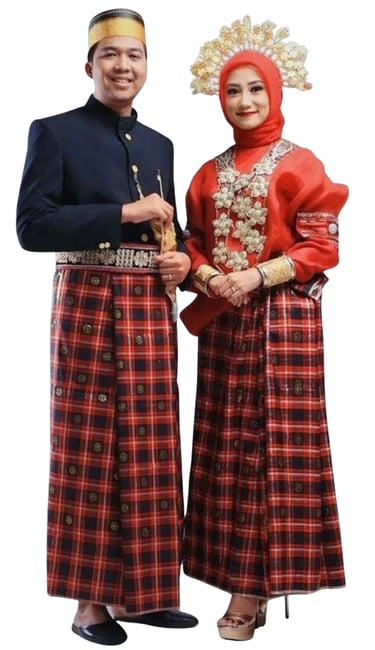

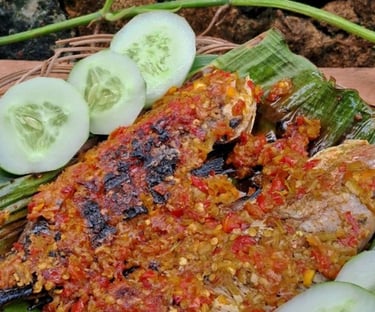

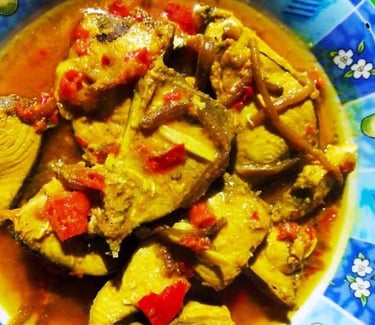

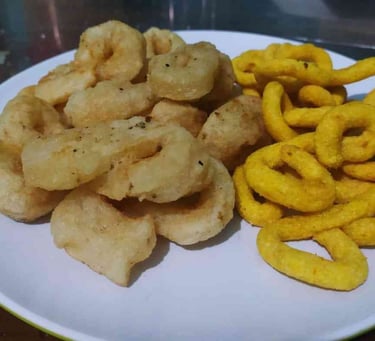

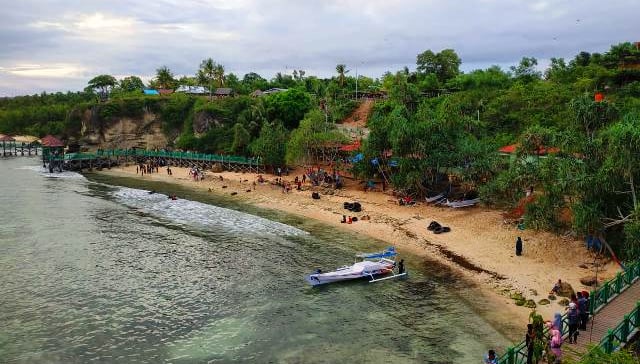

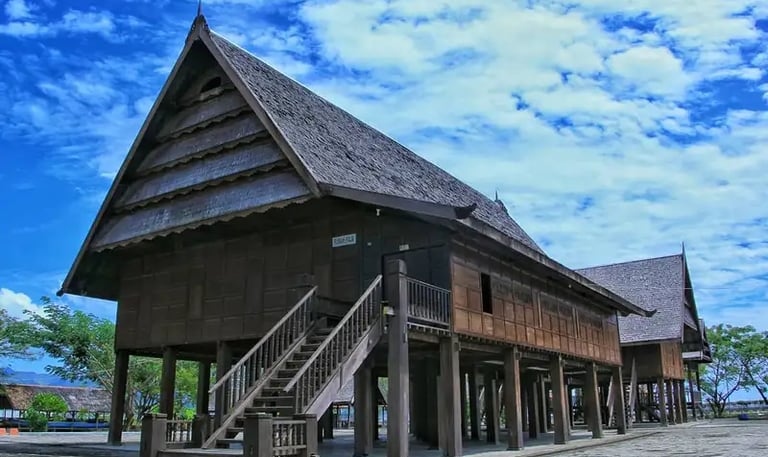

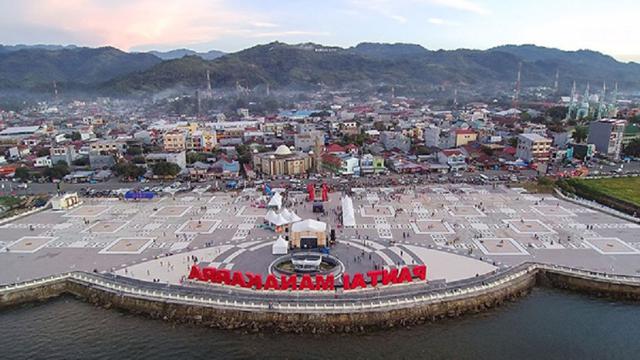

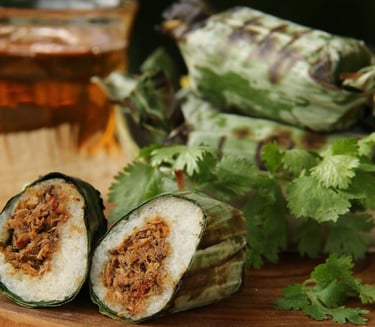

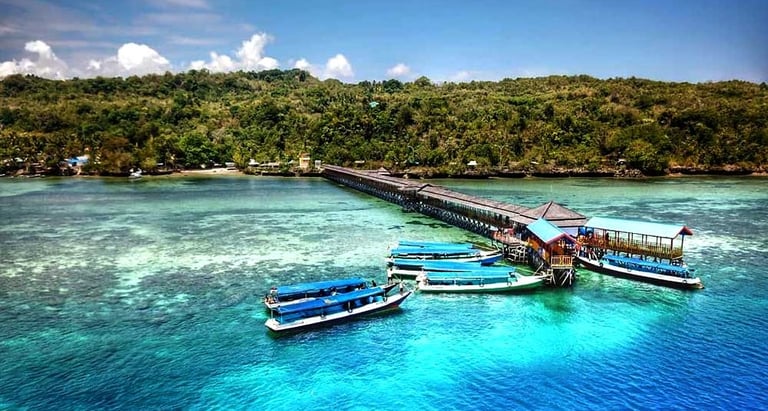

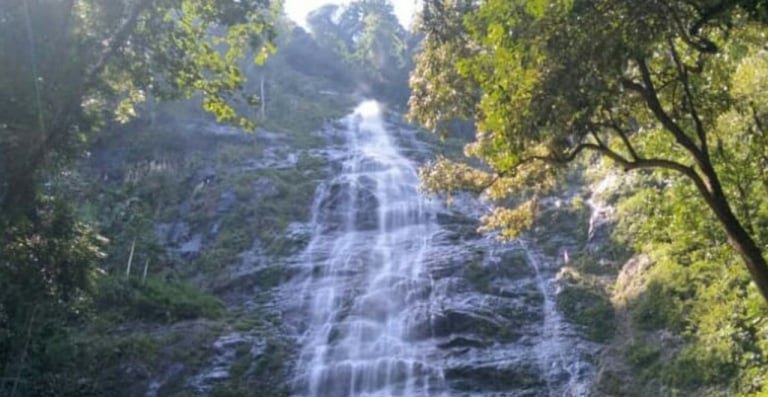

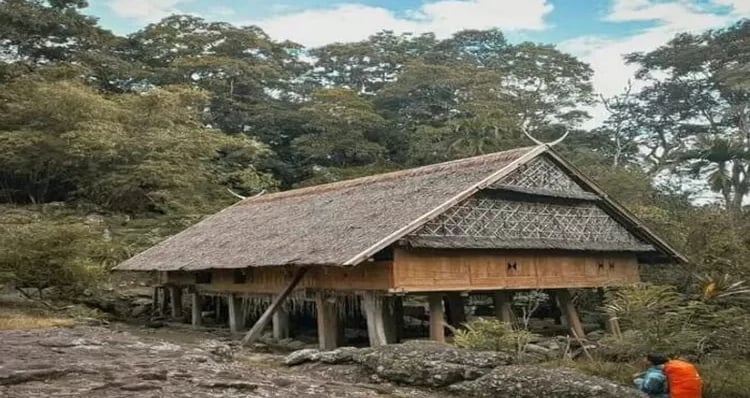

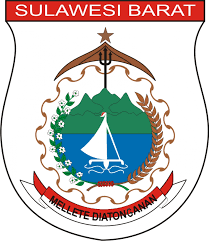

Follow us to explore Indonesia with expert travel guidance
©PT.Sinar Pesona Travelindo 2025. All rights reserved.
